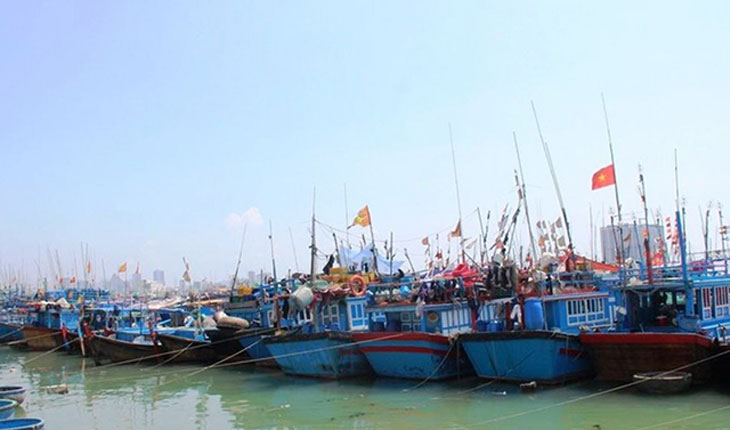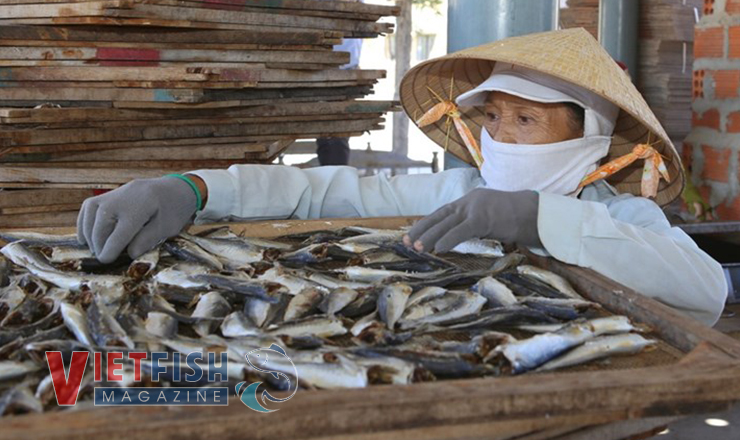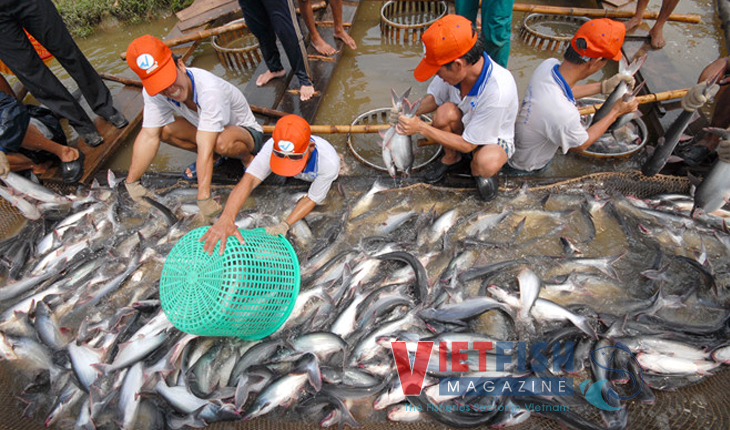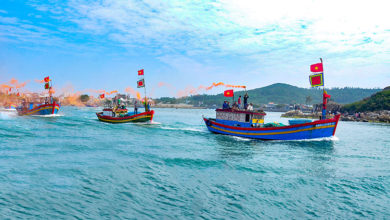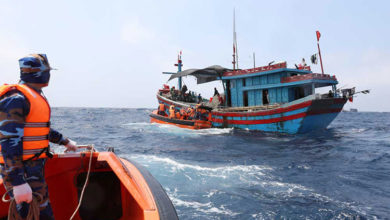Ca Mau gears up to lift the IUU yellow card
By late December 2024, a delegation from the European Commission (EC) is set to visit Vietnam to assess the country's compliance with regulations on combating illegal, unreported, and unregulated (IUU) fishing.
100% of fishing vessels equipped with VMS
With over 250 km of coastline, Ca Mau’s marine economy has seen remarkable growth. However, like many other coastal provinces, it has faced significant challenges complying with anti-IUU fishing regulations. In recent years, Ca Mau has implemented numerous synchronized and decisive measures to address this issue.
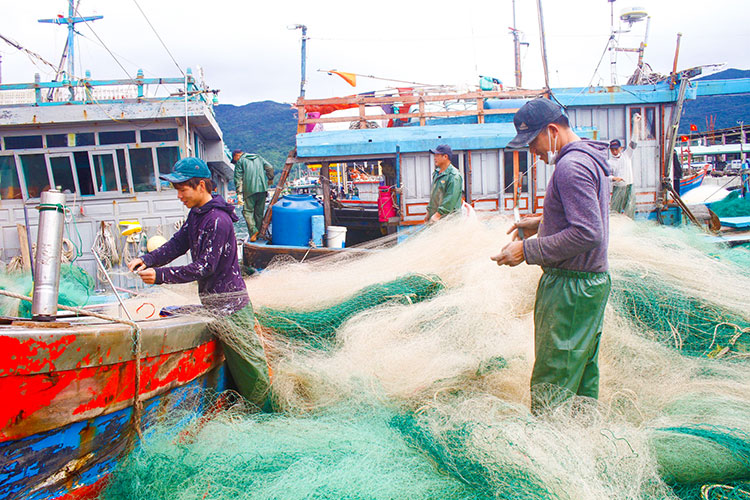
According to Phan Hoang Vu, Director of the Department of Agriculture and Rural Development of Ca Mau, the province has rigorously enforced registration, licensing, and marking of fishing vessels, particularly those engaging in offshore fishing. The installation of Vessel Monitoring Systems (VMS) on fishing boats has been fully completed. By December 2024, all vessels 15 meters or longer have been fitted with VMS devices and properly marked. Additionally, 100% of the province’s fishing vessel data has been updated in national management systems. Vessel activities, from port departure to fishing operations, are closely monitored.
Thanks to these comprehensive measures, Ca Mau has made significant progress in combating IUU fishing. Violations of foreign waters have markedly decreased, and public awareness of sustainable fishing practices and legal compliance has greatly improved.
Comprehensive measures amid ongoing challenges
Vu highlighted Ca Mau’s innovative strategies in managing and combating IUU fishing. These include digitized vessel records for easier traceability and oversight and identifying vessels at high risk of violating foreign waters. Local authorities have established inspection teams, and in some districts, party members are assigned to oversee high-risk vessels. Beyond raising public awareness, the province has increased administrative penalties and, in some cases, pursued criminal charges to deter violations. These efforts have led most local fishers to adopt sustainable practices and comply with anti-IUU regulations.
“Through media and government campaigns, fishers now recognize the harms of illegal fishing. They are committed to following state regulations, such as maintaining fishing logs, keeping VMS devices active, and avoiding foreign waters,” said Huynh Van Hoai, a boat owner in Khanh Hoi Commune, U Minh District.
Nevertheless, a small number of fishers remain unaware or intentionally violate regulations. Additionally, inadequate infrastructure for the fishing industry poses significant challenges. Most facilities in the province are outdated, and the limited number of fishing ports cannot accommodate the over 5,000-strong fleet. Only two designated ports are available for vessels over 15 meters, creating bottlenecks in managing IUU fishing and modernizing the industry.
“These challenges are being addressed in phases. However, we will continue to strictly enforce penalties for intentional violations to gradually eliminate IUU fishing practices in the province,” Vu emphasized.
VFM


